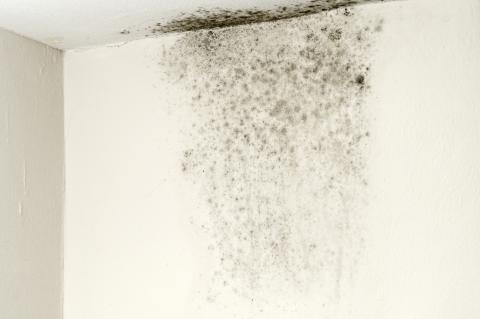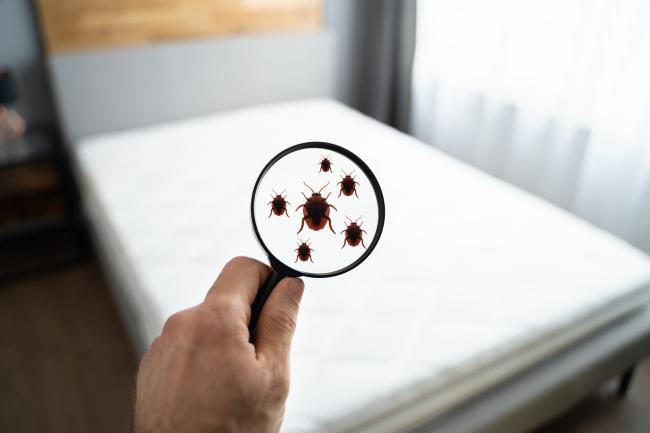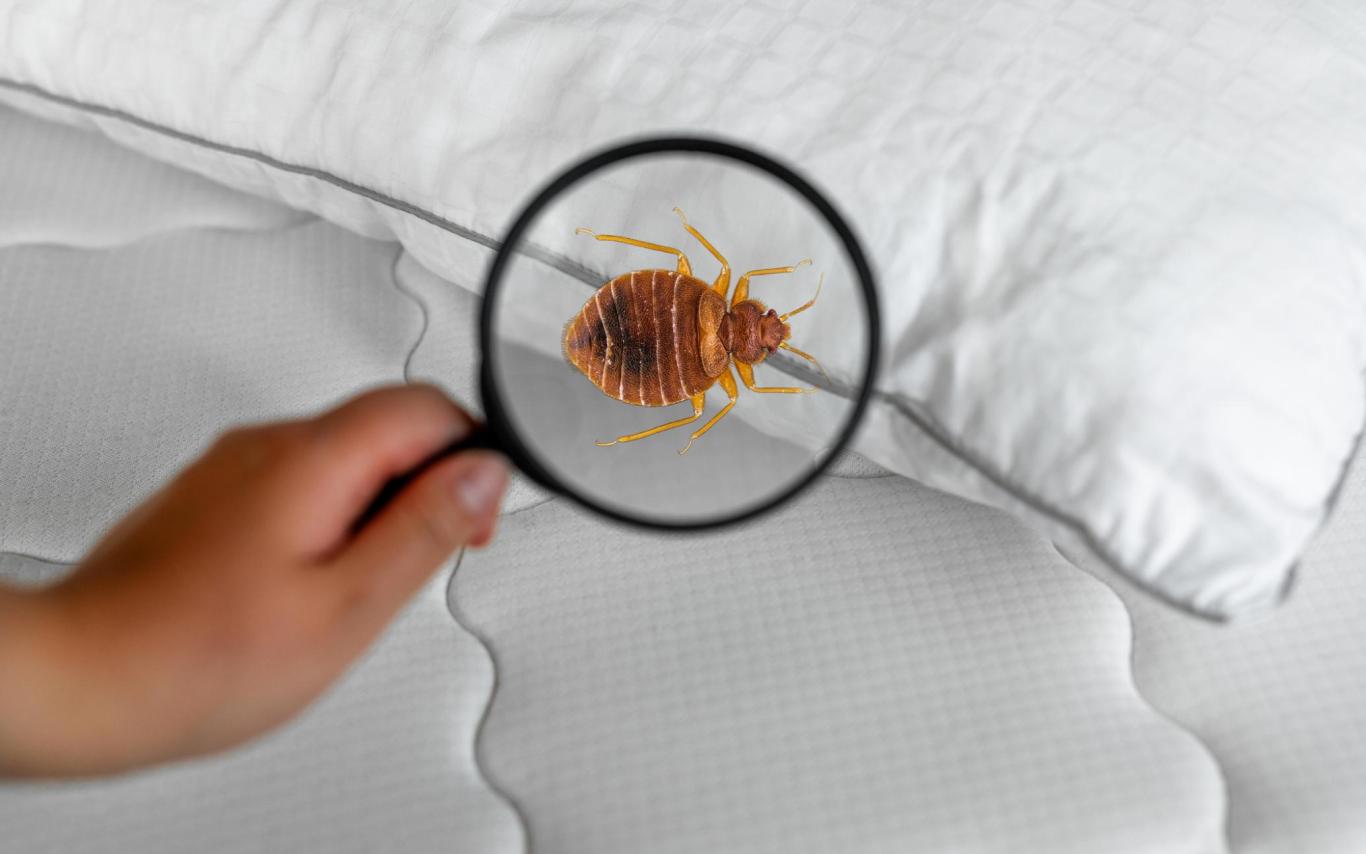What to do if you have mold or pests in your home
If you’ve moved into new rental housing this fall, chances are everything is working out fine. For some of us, however, the maintenance and condition of the property may be becoming an issue. Household pests could also be, well, a pest. A recent Academica survey reveals that 8 per cent of student renters were dissatisfied with property maintenance and 6 per cent complained of cleanliness or pest-related issues.
So, what are some common seasonal issues and what should you do about them?
Property maintenance and black mold

Do you have a leaky shower faucet? Faulty plumbing is the number one issue in BC rental properties. It may not seem like a big issue, but apart from the damage leaks can cause, damp air encourages black mold. Household condensation and high natural humidity can also lead to mold growth. Fun fact: 25 per cent of the world’s temperate rainforests are here in BC and it can be a damp environment in the cooler months. Mold is:
- Bad for your health: Exposure to mold can cause breathing problems, coughing and wheezing for healthy people and trigger symptoms for those with asthma.
- Bad for your finances: If you notice mold and do not tell your landlord, you may have to pay for some costs.
To discourage mold growth, you should:
- Encourage natural airflow through your home. Declutter and open some windows on a sunny day!
- Always turn on bathroom and kitchen extractor fans. Clean BC recommends running them for 30 to 54 minutes (or longer) after a shower.
- Use anti-mold cleaning products like Microban or make a natural alternative.
And that leaky faucet? Almost all maintenance jobs are your landlord’s responsibility and TRAC has a great list of landlord responsibilities. The key point is to let them know early – and in writing – and they will likely thank you for preventing bigger problems.
Let’s talk about bedbugs

Unlike mosquitoes, ants and wasps, bedbugs don’t die off in the winter. They want to be closer to their food source (us!) so they stay inside, usually living within a metre or so of their host. They thrive in multi-occupancy buildings with a higher turnover like rental units and hotels and will hitch a ride in luggage, cars and used furniture, for example. They’ve also been found on airplane and train seats, buses or in rental cars. So, if you’ve travelled recently, stayed a night in a hotel, live in rental accommodation with others and have used furniture or clothing, you’re a bedbug’s best buddy.
They’re hard to spot, too, remaining flat until they feed. Wayne at Nanaimo’s Owl’s Eye Pest Control says “they can hide in a screwhead.” Nor do they pick “dirty” environments; Wayne has treated doctors’ and millionaires’ houses. That said, you can help prevent an infestation by:
- Checking luggage and second-hand furniture before bringing inside.
- Give second-hand clothing a hot wash. Otherwise, a minimum 30-minute mid-high temperature spin in the dryer.
- Vacuum regularly and thoroughly.
- Declutter to reduce hiding places for bugs.
If you’ve been bitten and see small reddish-black spots (of fecal matter) on your bedding, check under the mattress and behind the headboard. If you have bedbugs, act immediately. Contact your landlord – in writing. They have a duty to pay for professional treatment as soon as is reasonable. As with mold, any delay on your part may result in you meeting some of the cost.
Wayne at Owl’s Eye warns that home treatments like bicarbonate of soda do not work and, if your landlord doesn’t act, you can seek immediate dispute resolution from the RTB. Non-treatment may even be a valid reason to end a tenancy early.
Need information and support?
Michael Witcomb is VIU’s Off-Campus Housing Coordinator. If you are experiencing any rental property repair, maintenance or pest issues, please connect with him for information and support.





